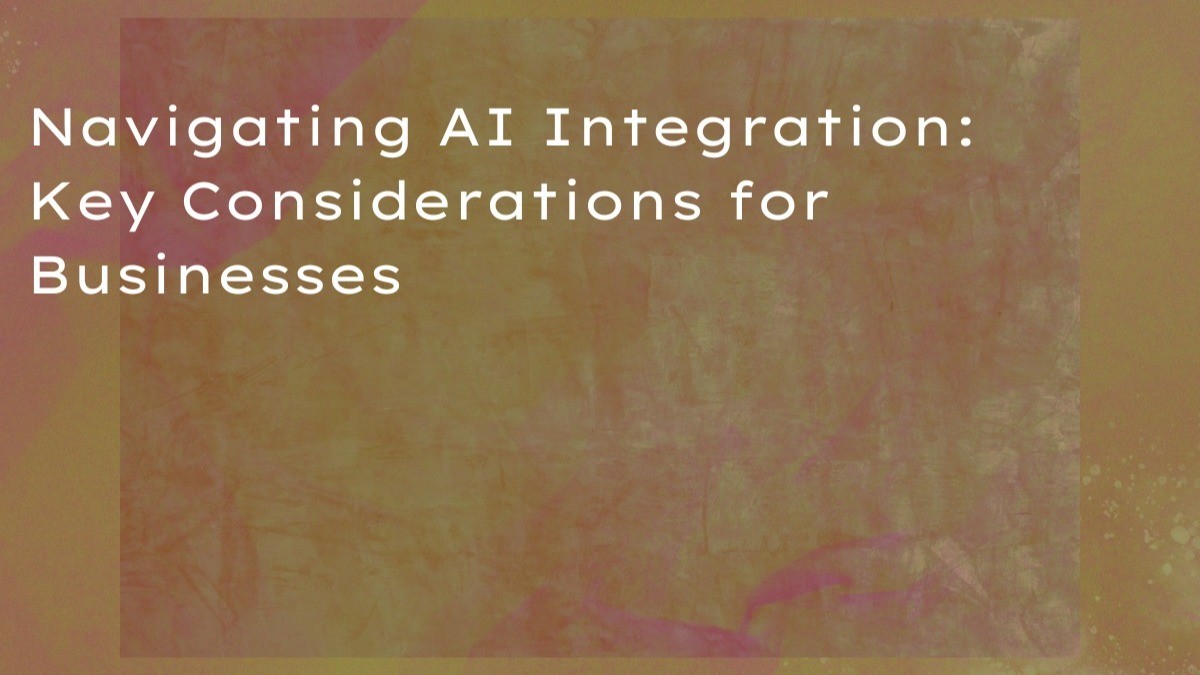Artificial Intelligence (AI) has evolved significantly since its inception in the mid-20th century, now playing a pivotal role in transforming industries and daily life. From voice-activated assistants to autonomous vehicles, AI is unlocking new potentials while presenting unique challenges that organizations must address.
Understanding the AI Landscape
AI technologies can be categorized into four levels:
- Reactive Machines: These systems respond to specific inputs with predefined outputs without learning from past experiences. IBM’s Deep Blue, which defeated chess champion Garry Kasparov in 1997, is a classic example.
- Limited Memory: These AI systems utilize historical data to inform decisions, allowing for more complex tasks and improved responses. Most of today’s AI applications fall into this category.
- Theory of Mind: This future level involves AI understanding human emotions and intentions, enabling more natural interactions. Research is ongoing to achieve this level of sophistication.
- Self-Awareness: At this hypothetical stage, AI would possess consciousness and self-awareness, understanding its existence and emotions. This level remains a concept explored in science fiction and is not yet attainable.
The Current State of AI
Today’s AI predominantly operates within the “Limited Memory” category. Tools like advanced chatbots and autonomous systems are becoming integral to various sectors. Public opinion on AI is mixed; while some view it as a potential threat, many business leaders recognize its transformative potential. Market analyses predict substantial growth in the AI sector, indicating its increasing influence on the global economy.
Opportunities Presented by AI
- Enhancing Cybersecurity: AI can proactively detect and respond to cyber threats, strengthening an organization’s security posture.
- Improving Regulatory Compliance: AI aids in navigating complex regulatory environments, enhancing risk management, and reducing instances of fraud.
- Addressing Skill Shortages: AI can augment human capabilities, filling roles that are challenging to staff due to skill gaps.
Challenges and Risks
- Potential for Misuse: AI technologies could be exploited by malicious actors to conduct sophisticated cyberattacks without requiring extensive expertise.
- Security Vulnerabilities: Relying on AI-generated code without proper oversight may introduce new vulnerabilities, especially if users are unaware of the code’s origins.
Key Considerations for AI Integration
- Assess Organizational Readiness
- Align Cross-Functional Teams
- Establish Clear Policies
- Invest in Education and Training
- Implement Governance Structures
Embracing AI Responsibly
AI is poised to continue its rapid advancement, offering significant benefits for organizations willing to embrace it thoughtfully. By understanding the opportunities and challenges, businesses can strategically integrate AI to enhance operations and customer experiences. A responsible approach to AI adoption will position organizations to thrive in an increasingly digital and automated world.
Looking Ahead
While AI won’t solve every problem or lead us into a dystopian future, it holds the potential to drive innovation and efficiency across industries. By staying informed and proactive, organizations can harness AI’s capabilities while mitigating risks, ensuring they remain competitive and forward-thinking in a rapidly evolving technological landscape.
